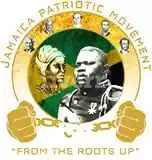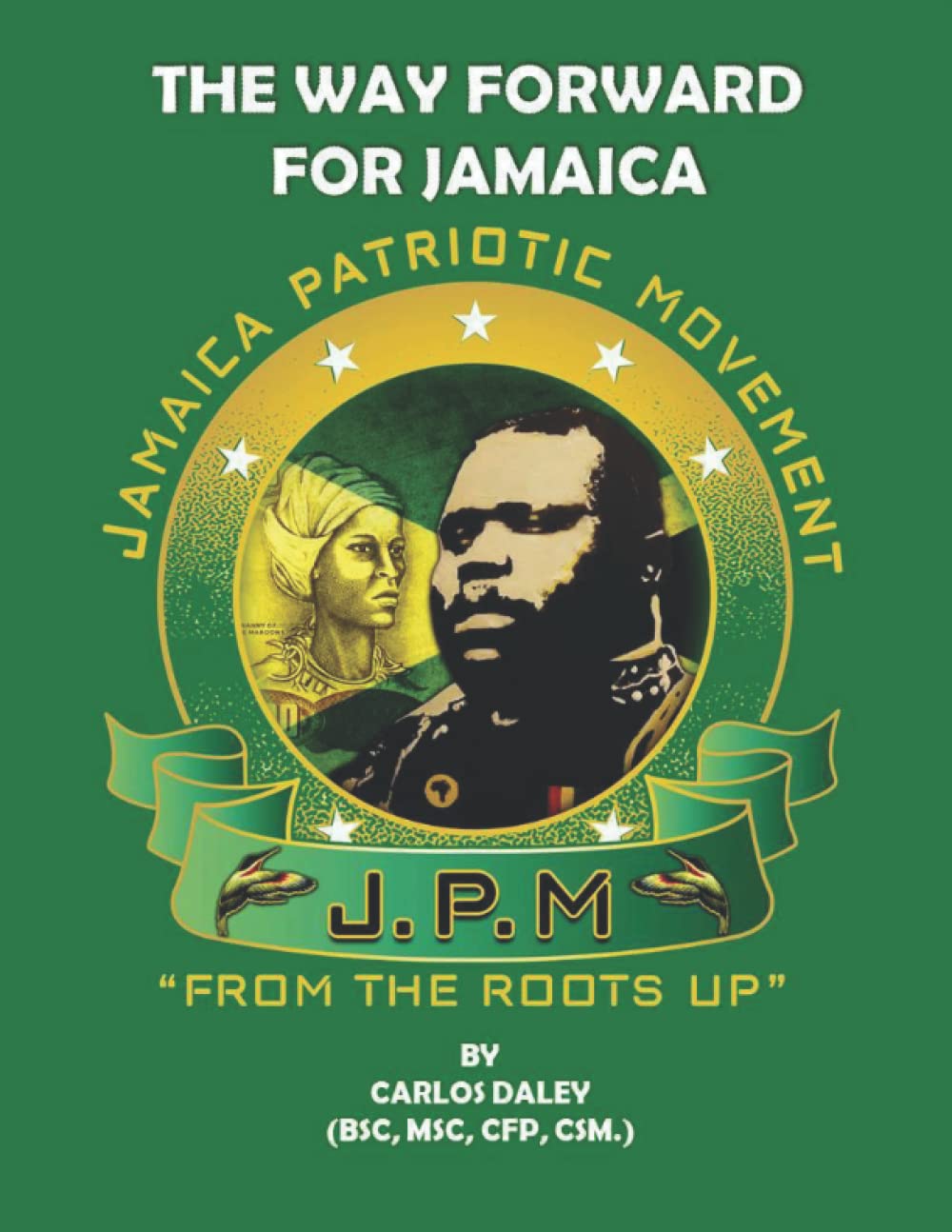Regardless of who becomes president of the United States in the November elections, one thing remains clear: the solution to the Cuba-US conflict. It will only be possible when the empire recognizes that our Island is a free, sovereign and independent nation.
Author: Jorge Casals Llano | internet@granma.cu
October 8, 2020 00:10:44
After 1959, the US policy against Cuba intensified its hostile course, beyond the color of the party that has ruled in "the giant of the seven leagues." Illustration Taken from Cubadiplomática
Although geopolitics as a discipline was not born until the late 19th and early 20th centuries in Europe, from the first "the crusades" and with the "discoveries" and the conquest later, capitalism and the European kingdoms expanded, taking over more and more territories that were snatching, by blood and fire, in the name of God, the peoples who lived in them.
Following the same course, but this time for purely "religious" reasons, the pilgrims arrived on the Mayflower to what would become Virginia in the Anno Domini of 1620, as certified for the history of the nation that was thus born. Ten years later, a missionary would affirm that "by a special design of heaven", "if the natives acted unjustly", the arrivals would have the "right to legally wage war with them and to subdue them."
Then the great owners, slave owners, and traffickers gave themselves a Constitution that would create a republic, a government, and institutions capable of serving those who held the wealth; that he grew up robbing and massacring indigenous populations and those he enslaved under the guise of a model of democracy that had adopted a name that explicitly betrayed its destiny: the United States of America. In 1845, the "divine mandate" - already received from the Mayflower - would include the idea of Manifest Destiny for the country born in 1787, which did not include among its citizens Indians, slaves, the poor, or women, and it assumed the right, and even the obligation, to expand to bring freedom and progress to the entire continent, as a columnist for a New York magazine would then affirm,
And to the south of the continent, the Caribbean Sea, whose control ensured security and the possibility of connecting with the world, and in that, its mare nostrum, Cuba, located at the entrance to the Gulf. And although the concepts of geostrategy and geoeconomics had not been formulated either, and John Quincy Adams understood them, metaphorically he wrote about "the ripe fruit" and, without metaphor, he claimed that: "There is no foreign territory that can be compared to the United States. like the island of Cuba… (which) almost within sight of our coasts, has become of transcendental importance for the political and commercial interests of our union.
When the Monroe Doctrine (America for Americans) was announced in 1823 by the now fifth president of the nation, and in it the US intention not to tolerate European intervention on the continent, was established, north of the Americas, an imperial republic with its consequent imperial presidency; a few years later, also the dictatorship of the two parties that would alternate in power.
At the end of the 19th century, the United States intervened in the Spanish-Cuban war and turned it into what Lenin called "the first imperialist war." Intervention in the war, suitably renamed Spanish-American, justified by deception and manipulation of the blasting of the North American battleship Maine, would open the doors to imperial expansion beyond the continent.
The political scientist Zbigniew Brzezinski characterized this contest as: «... the first war of conquest of the United States outside its territory ... The United States claims of special status as the sole guardian of the security of the American continent - previously proclaimed by the Monroe doctrine and later justified with the alleged American "manifest destiny" - became firmer with the construction of the Panama Canal ... ". Only Brzezinski obvious that the construction of the canal was made possible by the independence of Panama from Colombia, very "convenient" for the United States.
Once the war was over - only possible because of the decisive participation of the Mambises - the conditions were created for the empire, Platt Amendment by means of, to inaugurate the measures that were later called neocolonialism, applied with the policy of the Great Garrote, of Theodore Roosevelt, and his amendment to the Monroe doctrine, the so-called "corollary" according to which, if a Latin American-Caribbean country threatened or endangered the rights or property of US citizens or companies, the government should intervene to restore the rights of its "American" nationals. To achieve the same objective, with other means, another Roosevelt (Franklin Delano) would apply the Good Neighbor policy, as early as the second decade of the century.
Thus, regardless of the color of the party that governed the United States (seven Republicans and three Democrats from 1898 to 1958), its representatives and ambassadors, acting as proconsuls, kept Cuba subject to the empire: 25 years with two interventions military (1898-1902, 1906-1909); a Constitution (1901), mutilated by an amendment; short periods of formal democracy in which the participation of the people was imposed until they were able to create a progressive Constitution (1940), and fierce dictatorships such as those of Gerardo Machado (1925-1933) and Fulgencio Batista (1952-1958); who, protected by the US, massacred the people when it was necessary to "restore order" imperial, and all the time with a generalized corruption that permeated the country and its institutions, although without managing to subdue the people and their rebellion.
***
With the dictatorship overthrown in 1959, independent Cuba would initiate the Revolution in the mare nostrum of a solid empire. Regarding Latin America and the Caribbean, always considered its backyard, the US had ensured since the cold war, with the Truman Doctrine and McCarthyism, mechanisms and institutions that guaranteed absolute control of the region: the Inter-American Defense Board ( IADB), the Inter-American Treaty of Reciprocal Assistance (TIAR) and the Organization of American States (OAS), the notorious School of the Americas (since 1946), specialized in the training of Latin American military personnel in techniques that included torture and, therefore, of course, also the CIA.
The Cuban Revolution triumphs in what the empire considered its hemisphere, which had taken place behind its back, without consent, in a country whose main wealth was the property of US companies, from electricity and telephone companies to hotels, sugar companies, banks, and oil refineries, where they experimented with everything they would later apply in the world, where they came to drink if there was "dry law" in their country, to gamble if gambling was forbidden, to have their wives aborted, to spend weekends away from prying eyes in clinics, hotels or luxury brothels; where the marines disembarked to trample the dignity of Cubans and Cubans.
After 1959, the US policy against Cuba intensified its hostile course, beyond the color of the party that has ruled in "the giant of the seven leagues" and, during the mandate of the 12 imperial presidents, from the 1st . From January until today, five Democrats (Kennedy, Johnson, Carter, Clinton and Obama) and seven Republicans (Eisenhower, Nixon, Ford, Reagan, Bush - father and son - and Trump) were planned and executed, by their governments, or by the hitmen under their protection, 681 terrorist actions, including the invasion of Playa Girón, the blowing up of Cubana's plane in Barbados, and even the attack on our embassy in Washington, with a cost of 3,478 deaths and 2,099 disabled.
The republicans began, from March 1959, the covert operations and, based on the old Law of Commerce with the enemy (dates from October 6, 1917), they initiated, with fury and perversity, the economic, commercial, and financial blockade that every year all American presidents reactivate. Likewise, they orchestrated campaigns to tighten relations with Cuba, which included, from inventing a Soviet nuclear submarine base in the bay of Cienfuegos, to "sonic attacks" on its officials; they financed, encouraged, or allowed terrorist organizations to act against Cuba, such as the one created in 1981 by the CIA, the Cuban-American National Foundation; signed an Act for Democracy in Cuba, the Torricelli Law, proposed by two Democrats, which evidences the State policy, and not partisan,
The Democrats, in their turns, carried out Eisenhower's invasion plans for Cuba, which ended with the defeat of the mercenaries at Playa Girón; they officially started the economic blockade with executive order No. 3447; they fed the tensions that provoked the so-called October Crisis, which put the world on the brink of nuclear war; they made the OAS pass a resolution on the severance of diplomatic relations with Cuba; They caused the migratory waves of Camarioca and Mariel and even signed what, at the proposal of the Republicans, was called the Law of Freedom and Democratic Solidarity with Cuba, known as Helms-Burton, which reiterated the state nature of the policy regarding the Greater of the Antilles. And although Obama in 2016 would ask to leave the past and "look to the future", he could not hide, with the disguise,
Regardless of who becomes president of the United States in the November elections, one thing remains clear: the solution to the Cuba-US conflict. It will only be possible when the empire recognizes that our Island is a free, sovereign and independent nation.


